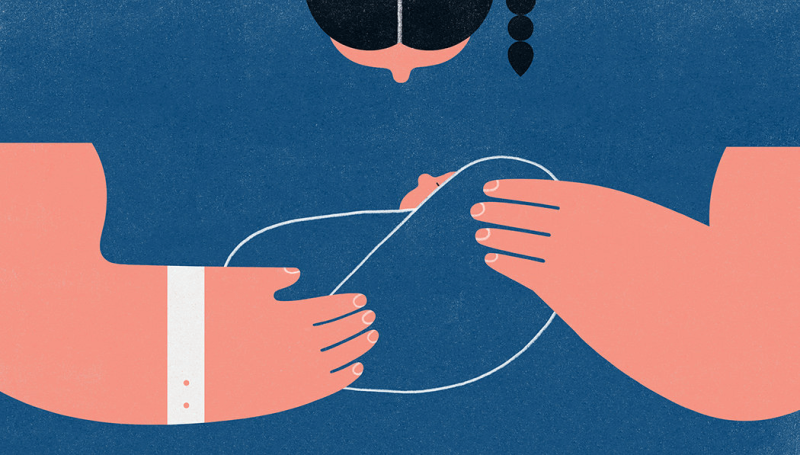Recently, researchers at Baylor College of Medicine suggested that obesity risk in humans may be determined by environmental and genetic factors during early development and argue that obesity should be considered a neurodevelopmental disease.
Once seen as a result of a lack of will and self-restraint, the biological nature of obesity has been shown to be much more complex. Indeed, prenatal and early life studies have linked undernutrition to obesity in rats.
The effect of nutrition during early development in human studies has shown famine during the first trimester of pregnancy resulted in higher obesity rates, but famine during the last trimester and the first months of life was linked with lower levels of obesity.
…
Interestingly, when comparing the epigenetic data with data from human genome studies the investigators found a strong correlation between regions of the human genome linked to BMI and the areas of epigenetic changes in mice, leading to the suggestion that adult obesity may be determined in part by epigenetic development in the arcuate nucleus.
The authors propose this new understanding may create “effective interventions to prevent obesity” this work provides the argument that prenatal and early postnatal development can at least in part determine human obesity risk.































